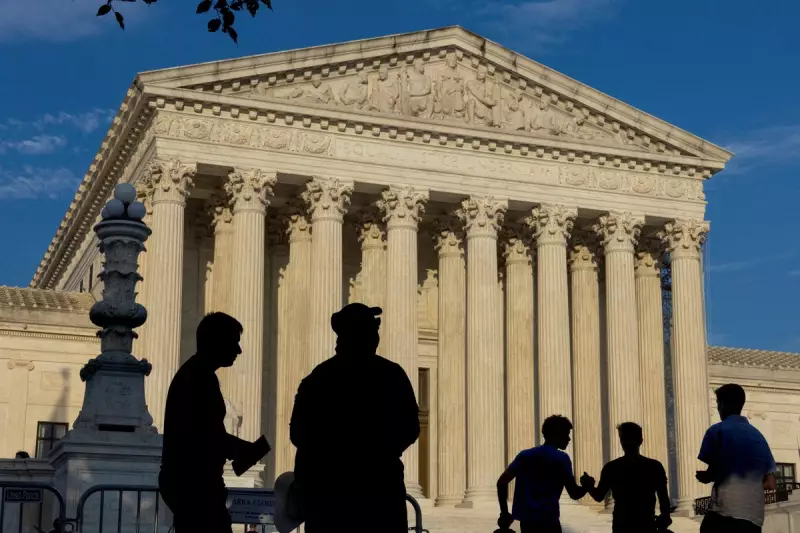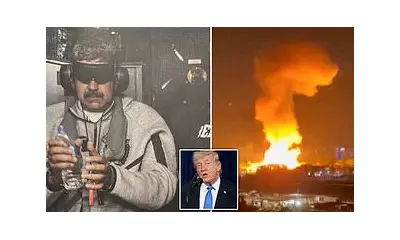
In a startling development that's shaking the foundations of American jurisprudence, former President Donald Trump has been increasingly turning to the Supreme Court's little-known "shadow docket" to advance his legal and political agenda, according to a comprehensive analysis of recent court filings.
The Hidden Judicial Pathway
The shadow docket refers to the court's process for handling emergency requests and temporary orders outside its main calendar of properly briefed and argued cases. Unlike traditional Supreme Court rulings that involve extensive briefing, oral arguments, and detailed opinions, these decisions often come with minimal explanation and through unsigned orders.
Trump's Strategic Shift
Legal experts have observed a significant uptick in Trump's utilisation of this emergency mechanism since leaving office. The former president's legal team appears to be strategically bypassing lower courts and appealing directly to the Supreme Court's conservative majority for rapid interventions on matters ranging from document disputes to election-related challenges.
Constitutional Concerns Raised
This trend has alarmed court watchers and constitutional scholars who warn that over-reliance on the shadow docket undermines judicial transparency and due process. "We're witnessing a fundamental transformation in how justice is being administered," noted one prominent legal analyst. "When major legal decisions are made without proper briefing or explanation, it erodes public confidence in the judiciary."
Recent Examples Spark Debate
The controversy intensified following several high-profile instances where Trump successfully obtained emergency relief through this channel. These include cases involving:
- Document disputes with government investigators
- Election law challenges in key states
- Executive privilege claims against congressional committees
- Immigration policy interventions
Legal Community Divided
While some conservative legal scholars defend the practice as a necessary tool for urgent matters, progressive critics argue it's becoming an end-run around normal judicial procedures. The debate has spilled into academic circles and mainstream media, with concerns about the long-term implications for American democracy.
Broader Implications for US Justice
This development comes amid growing scrutiny of the Supreme Court's internal procedures and increasing political polarization around judicial appointments. The shadow docket's expanded use raises fundamental questions about the balance between judicial efficiency and procedural fairness in America's highest court.
As legal battles continue to shape the political landscape, observers warn that the normalization of emergency rulings could permanently alter how controversial issues are resolved in the American legal system, potentially setting dangerous precedents for future administrations of both parties.





